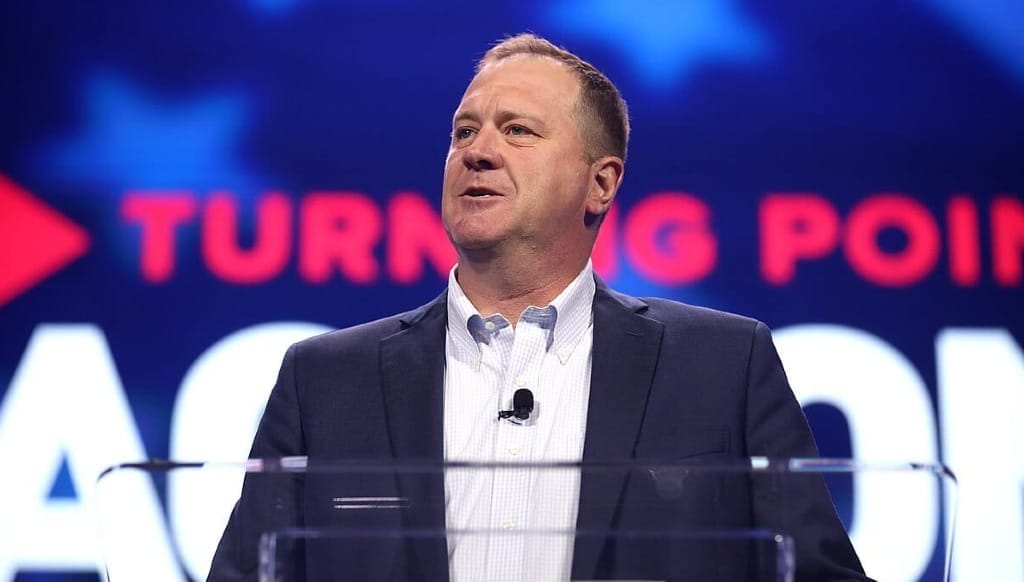Biden Signs Bill to Speed FCC Review of LEO Satellite Launches
Commercial launches are expected to double by 2028, with the FAA projecting up to 338 launches.
Jericho Casper

WASHINGTON, Sept. 30, 2024 – Under a new law, the satellite industry should have an easier time gaining federal approval to deploy low-Earth orbit satellites that provide Internet access.
President Joe Biden signed into law Friday the Launch Communications Act, which allocates critical spectrum frequencies for commercial space launches to support the rapid deployment of LEO satellites, and solidify the nation’s competitive edge in space-based communications.
More than half of this year's estimated 117 FAA-approved launches have been tied to LEO satellites, with SpaceX alone responsible for 94 of them, including 64 dedicated to deploying Starlink satellites.
The FAA anticipates private space launches will more than double in the next four years. According to its forecast, the Administration could approve up to 338 commercial launches annually by 2028. This surge in launches reflects the urgent need for an updated regulatory framework.
To accommodate anticipated large-scale projects, the Launch Communications Act mandates the FCC, within 90 days, allocate spectrum between 2200-2395 MegaHertz (MHz) to support satellite servicing and relaunch operations. This law simplifies access to these frequencies, allowing companies to authorize multiple launches and re-entries under a single request.
Additionally, the law requires the FCC to adopt new regulations within 180 days that streamline the process for granting spectrum access, and improve coordination with the National Telecommunications and Information Administration.
The FCC’s existing process for licensing spectrum for space launches was created decades ago when commercial space activity was nearly non-existent. Previously, companies had to apply for temporary authority for each individual launch, creating a significant regulatory burden.
“This updated process will not only help eliminate the mountain of regulatory paperwork the agency’s personnel are required to process but also help improve interagency coordination over the use of spectrum frequencies, while protecting federal users,” said Sen. Eric Schmitt, R-Mo., ranking member of the Senate Space and Science Subcommittee, in a press release Friday. “I will never stop advocating for common sense legislation which streamlines burdensome government processes.”
For Schmitt, it was his first bill signed into law, making him the only freshman senator in this Congress to achieve that milestone, he said. The legislation passed the Senate last October and was approved by the House earlier this month.









Member discussion